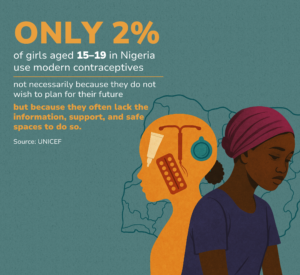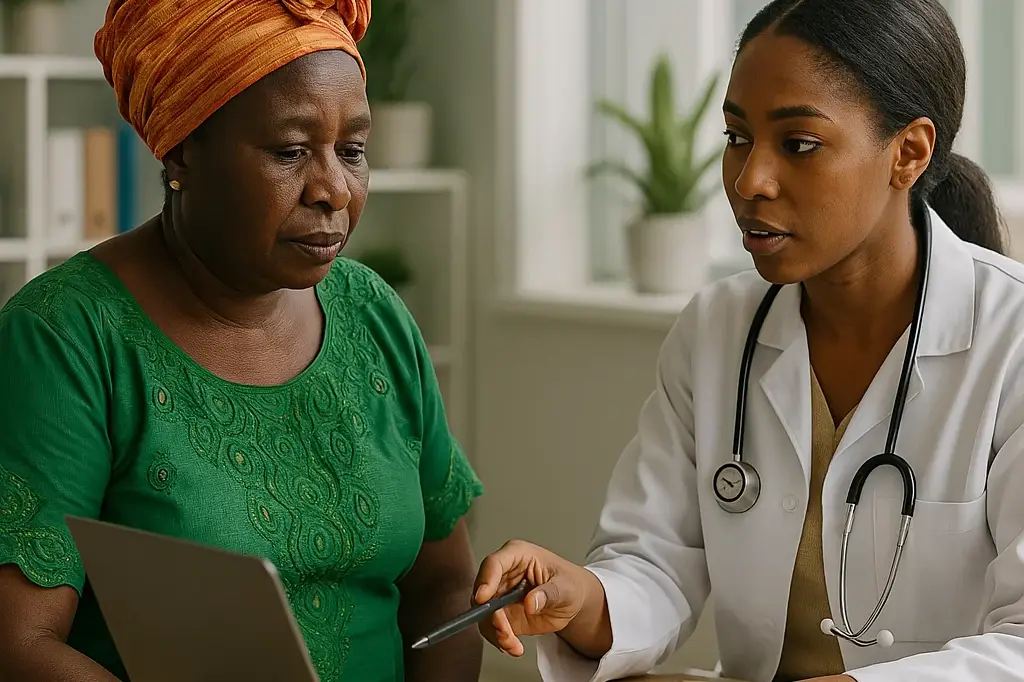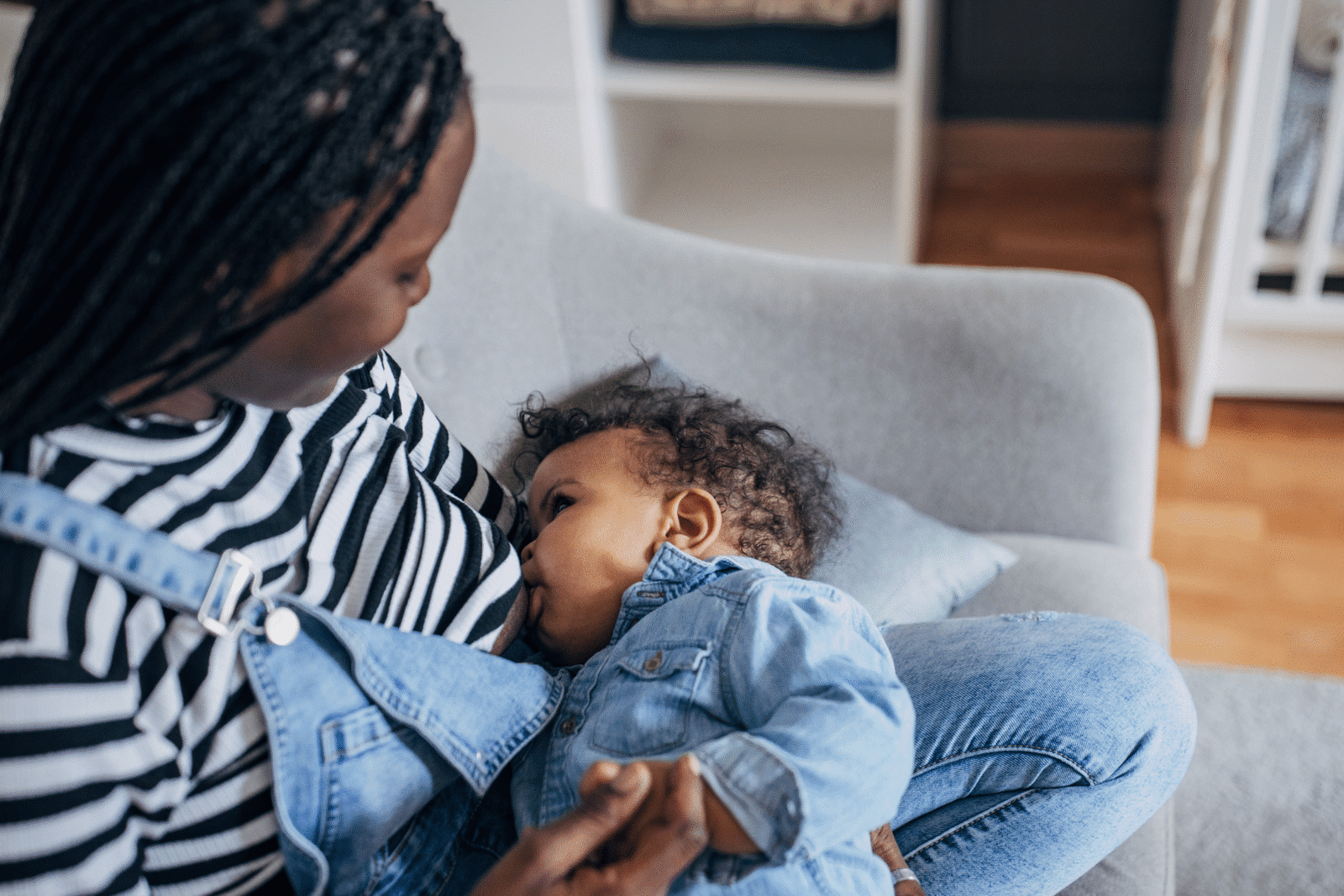With over 60 million Nigerians between the ages of 10 and 24, we must pay close attention to the cultural and social norms that shape their health outcomes—especially for girls.
Cultural beliefs, stigma, and silence around health topics—from menstrual care to reproductive wellness—continue to limit what young women know and how confidently they seek care.
In many homes, schools, and communities, these conversations are still considered taboo leading to many young women having to face immense barriers when it comes to accessing accurate information and essential health services.

If we want to see real progress in adolescent health, we must meet communities where they are.
Programmes must be culturally sensitive, community-driven, and rooted in dignity.
That means engaging parents, faith leaders, educators, and young people themselves—ensuring they have a voice in shaping the solutions they need.
Culture is not the enemy. But when norms compromise a girl’s right to health and knowledge, we must respond—with compassion, respect, and resolve.
Every girl, no matter where she lives, deserves the right to grow up healthy, informed, and empowered.



